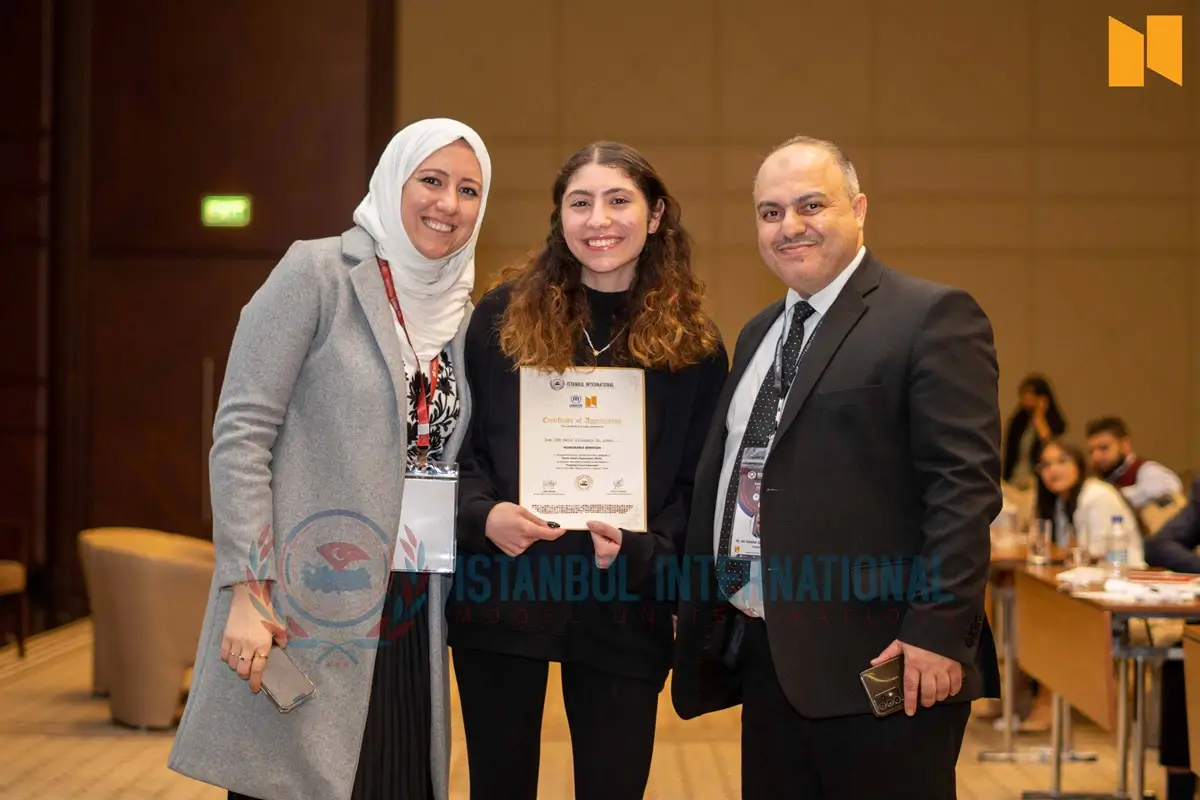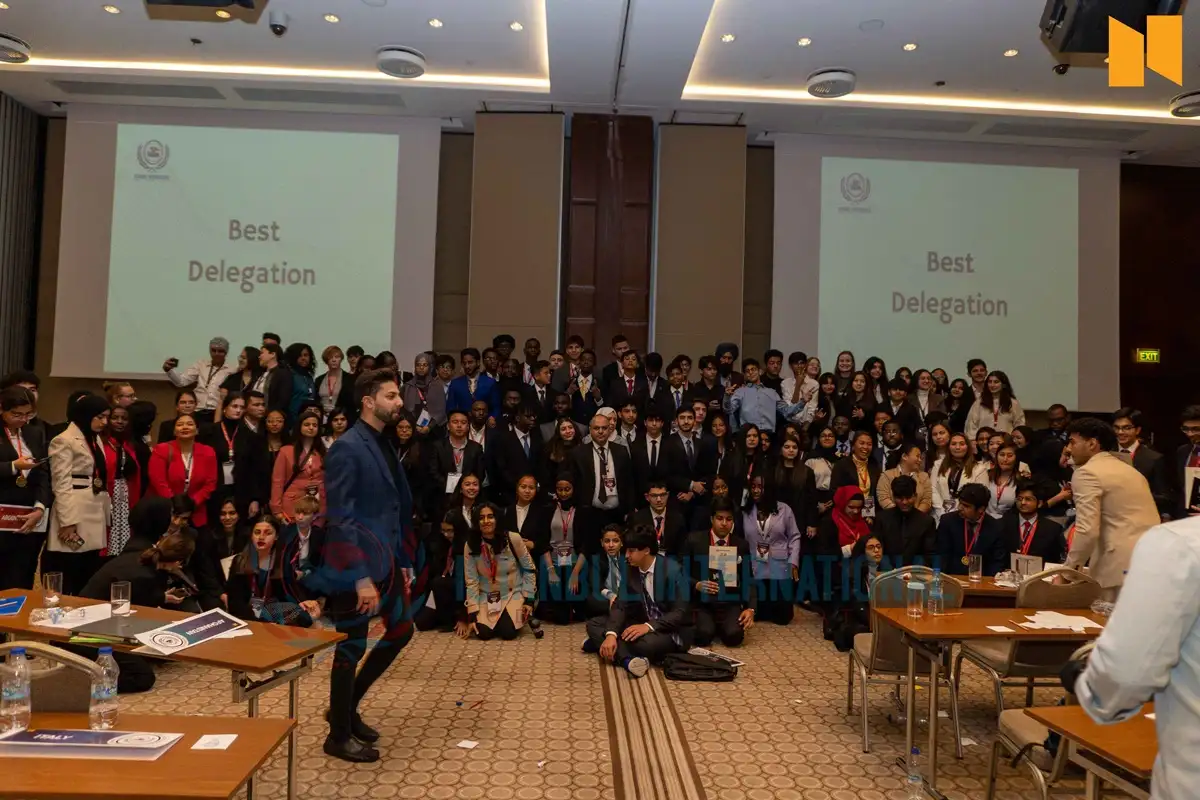When faced with difficulties, leaders frequently have to make difficult choices that might not meet the expectations of those around them. Maintaining faith in leadership is the cornerstone of success, even unavoidable disputes. An organization can quickly reach previously unheard-of heights when its leader is trusted. Building this kind of trust, though, can be difficult for certain people. Here’s a detailed how-to on getting past this obstacle.
Interpreting Trust in Leadership
Genuine trust in leaders comes from enthusiasm and honesty—not from dishonesty or uncertainty. Employees can see when someone is trying to put up a front, and it erodes their respect. Unwavering faith in their leader entails followers sticking by them through doubts and uncertainty.
Easy Methods for Establishing Credibility
Prior to exploring the nuances of methods for establishing trust, consider these basic tips to get things started:
- Be direct and concise in your thinking.
- Accept openness and truthfulness; don’t withhold information.
- Instead of avoiding confrontations, learn from them.
- Meet timelines for results delivery.
- Pay close attention in order to learn, not to argue.
- Maintain a stance of stability and make expressive hand gestures.
- When having a conversation, keep your eyes open and focused.
The Importance of Having Faith in Your Leader
It is imperative from both ends that leaders and followers have mutual trust. Great leaders in history have focused on developing this ability and won the steadfast allegiance of their followers. Employee trust in their leaders fosters flexibility to organizational changes by lowering stress and confusion.
Six Ways to Encourage Trust among Workers
Despite what many people think, a leader cannot succeed in an organization by themselves. Employee collaboration is essential, thus developing trust is a critical responsibility. Here’s how forward-thinking leaders build and maintain trust:
Create Good Connections at All Levels
The influence of effective leadership needs to penetrate every level of the organization. It is essential to cultivate compassion and respect among staff members in addition to solid professional ties. Aspiring leaders must develop their people skills via practice and training.
Take on Leadership Roles When Necessary
Although having strong interpersonal and communication skills is advantageous, employees truly trust a leader when they regard them as an authority in their field. In difficult circumstances, leaders need to be prepared to take charge, underscoring the need of skill development.
Display Steadfast and Consistent Behavior
A leader’s standing within an organization is reinforced by their ability to maintain a steady and uniform demeanor. Leaders who stay true to their convictions are trusted by their followers more than those who stray from them during their term.
Maintain Honesty and Integrity
Honesty and integrity are the most important attributes to have while trying to build trust. In order to foster a climate of mutual respect and prevent hypocrisy, leaders must model the qualities they want from their team members.
Actively Listen for Improvement and Learning
Being open to differing viewpoints is essential to fostering trust. Meetings led by effective leaders are participatory and encourage employees to voice their opinions. A culture of trust and importance is created by valuing each individual’s contribution.
Foster Mutual Confidence among Team Members: In addition to putting leadership first, leaders need to create a culture where team members have mutual trust. Not only does fostering an atmosphere of trust and amicable conflict resolution increase work dedication, but it also creates a great workplace culture.
Characteristics That Encourage Others’ Trust Mutual respect, not fear or doubt, is the foundation of trust, especially in leadership. Benevolence, steadfast honesty, compassion, knowledge, and the guts to take on challenges are qualities that engender trust.
Neoterican Summit: Developing Leadership Skills to Increase Trust
Neoterican is a fantastic opportunity for leaders who want to improve their ability to build trust. A three-day intensive training program is offered by the Neoteric Summit, a conference centered on leadership development. It gives leaders the tools they need to express their ideas clearly, build enduring bonds with others, and hone critical people skills.
In summary
It takes trust in leadership to succeed not just in organizations but also in the smooth operation of society as a whole. Authenticity is the foundation of true trust; it transcends pretense and dishonesty. Neoteric Summit is committed to supporting leaders on this impactful and sincere journey. To start your journey of fostering trust, register now.
Q&As
Why Is Trust in Leadership Important in Times of Crisis?
A reliable leader must behave with unwavering strength throughout turbulent times. The ability of a leader to inspire confidence in their followers can influence even the most doubtful followers. Effective leadership is demonstrated by maintaining integrity and resiliency in the face of adversity.
What Makes High-Trust Companies Successful?
High-trust workplaces become crucial as business priorities change to include employee happiness and well-being. In work environments where mutual respect and trust are valued, employees are happier and more involved. Establishing this kind of atmosphere guarantees that companies draw in top talent and hold onto important contributors.



